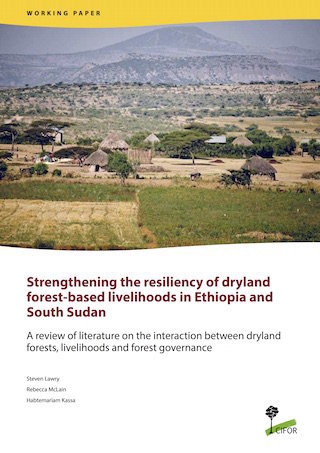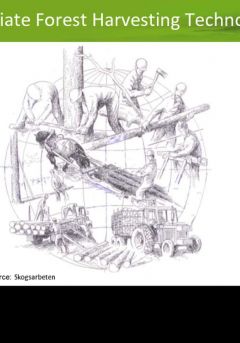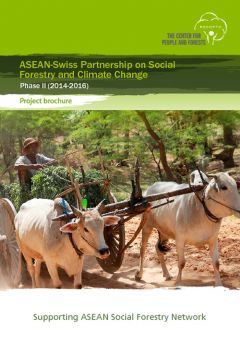Strengthening the resiliency of dryland forest-based livelihoods in Ethiopia and South Sudan
This literature review explores how political, economic and resource management policies and programs can reduce forest degradation and increase the contribution of forest goods and services to sustainable livelihood strategies. In Ethiopia, studies indicate that forest dependency is strong throughout the country, but the importance of forest income varies across different regions and wealth categories. Research suggests that improving forest product market governance is key to strengthening forest livelihood resiliency.







